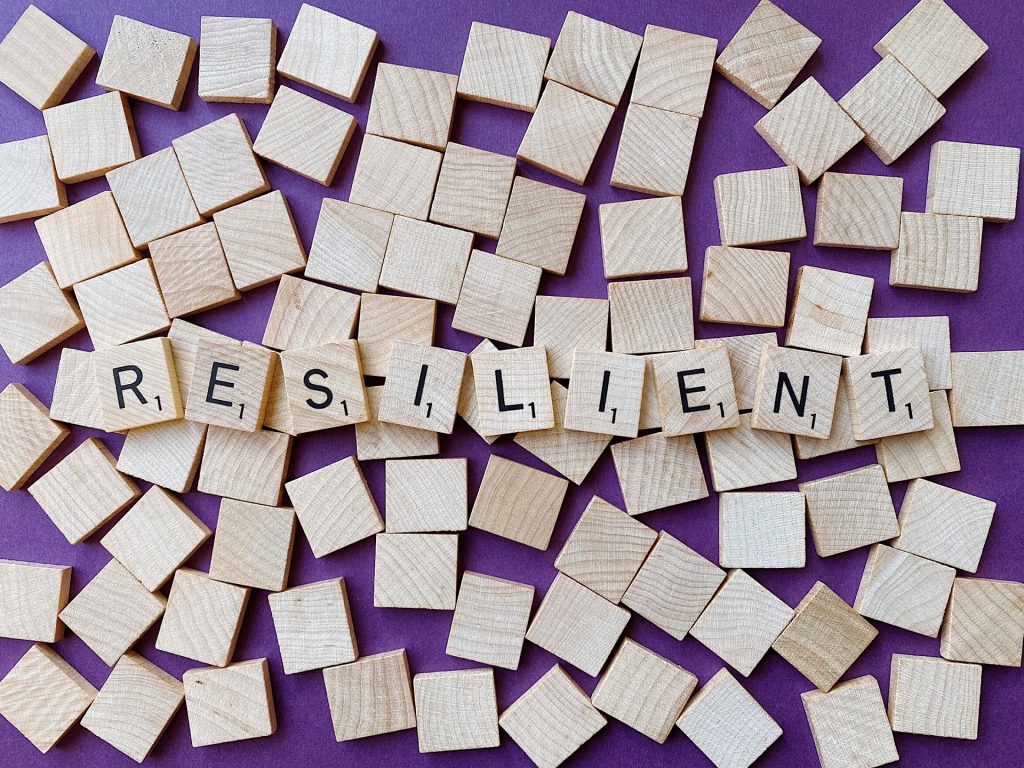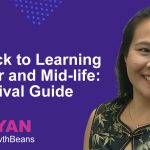Resilience. You might be reading and hearing the term mentioned by Singaporean leaders and in the media. There’s a good reason for that.
As early as March 2022, the term resilience (or resilient) was mentioned seven times in a speech that Singapore’s Deputy Prime Minister (DPM) Lawrence Wong, also our Minister for Finance, gave at a regional business forum.
He made clear that resilience is a crucial trait that all Singaporean workers and businesses need to build, and fast, saying: “Indeed, we have faced many ups and downs, but clearly there will be many more shocks to our economy and society. One crisis can fuel another crisis, and one risk can create another risk – for example, climate change can spread more infectious diseases.
“We have to be prepared for a world where we cannot avoid these shocks, but we can learn to be more resilient to have the ability to go through these bumps, to take some hits, and then bounce back stronger.”
So what is career resilience?
For the local Singapore worker, whether you’re an employee currently in a stable job or a jobseeker looking to find your next role, it’s become clear that the economic future has become a little less certain and stable in the aftermath of the Covid-19 pandemic, as well as various geopolitical shifts globally such as the Ukraine-Russia conflict in Europe.
That means that your career will need to be a lot more resilient and mobile, able to withstand shocks that are not your own making. Essentially, career resilience and mobility is about:
-
- Being able to cope with career adversity
- Building career assets and skills to overcome future challenges and changes in your work industry
- Limiting and reducing risk factors that might make you less attractive to future employers
Of course, no one’s saying that Singaporean employees have to build career resilience overnight. And we were thankfully, based on Singapore’s general economic situation and national reserves, our nation’s resilience as a whole looks to be a reasonable bet.
But that doesn’t mean that our workforce should be complacent. It means we need to double down on efforts to build career resilience and mobility to ensure that we can, both as individuals and as a country, remain relevant to the global economy and maintain our economic growth and stability!
The good news is many Singaporeans have already started taking a long-term view of their careers and adopting a growth mindset by investing in building their skills. Many are also proactively seeking opportunities to progress in the workplace, according to Pooja Chhabria, LinkedIn’s Career Expert.
The idea that it is always better to follow a traditional route by climbing up the corporate ladder than to have too many “zig-zags” in your career path is outdated.
“Rather than climbing the corporate ladder, professionals are exploring unique ways to grow their experiences and gain new skills through career pivots and projects to help transform their career trajectories”, Pooja shared with Workipedia by MyCareersFuture.
Get on board the Singapore resilience train!
According to LinkedIn’s recent research, over 54% of Singaporean professionals are learning new skills and deepening their knowledge in areas that are in demand, building their professional brand (41%), and proactively seeking feedback to improve their work performance (38%) to cushion themselves against the uncertain economic climate.
LinkedIn’s recently released Future Of Skills report also showed that skills for a particular job in Singapore could change by nearly 50% between 2021 and 2025, with each job likely to see four new skills!
For example, the recreation and travel industry (49%) in Singapore has seen the most significant changes in skills since 2015, the report revealed.
So what’s the game plan, you ask? We need to start doing the following as individual workers and jobseekers:
- Consider the longevity of our current careers and professional skills.
- Change our mindset of career growth, and be open to breadth in experience rather than simply climbing the corporate ladder.
- Figure out what skills we need to excel in and what industries to consider joining.
- Relearn how to learn, which can be challenging for some of us after years of leaving school.
And don’t worry, Workipedia by MyCareersFuture is here to help you become more career resilient!
Here’s a quick syllabus (see, we’re already getting back into school mode) on the three key steps you need to read about to get going on upskilling and reskilling for your long-term career path.

Step One: Change Your Mindset of What Makes a Good and Bad Career Path
Step Three: Finding it hard to return to learning while working? Here are some tips.















